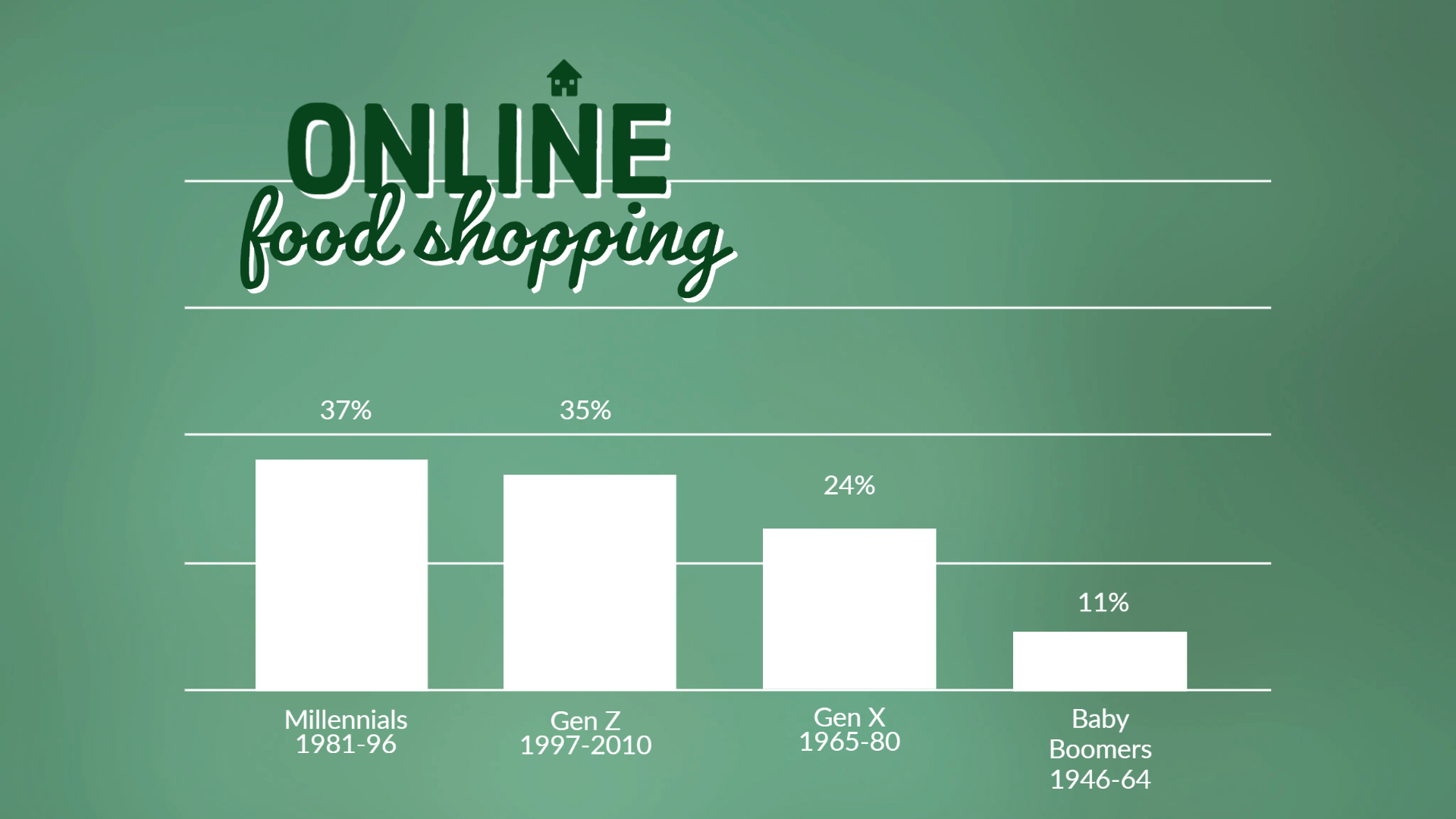They're informally called "zoomers," but Generation Z -- those born between 1997 and 2012 -- are beginning to flex their consumer muscles in ways that are driving change in the food industry.
That was a major finding of the 2022 Food & Health Survey, conducted by the International Food Information Council (IFIC).
“Even more so than in past years, the 2022 Food & Health Survey is showing sharp changes, over a relatively short period, in many of our beliefs and behaviors when it comes to the foods we purchase and consume,” said IFIC CEO Joseph Clayton. “Some of these changes are clearly attributable to the lasting scars of the pandemic, while others bear all the hallmarks of significant generational shifts,” he added.
The 2022 Survey involved 1,005 adults ages 18–80, and for the first time it also included an oversample of adult Gen Z consumers, ages 18-24.
According to the survey, Gen Z believes they are more concerned about the environmental impact of their food choices and they are much more likely than Baby Boomers (1946 to 1964) to purchase products with labels like "small carbon footprint/carbon netural" or "plant-based."
Gen Z is less likely to believe that their personal food choices have an environmental impact compared to Millennials (1981-1996), and are also less likely to be worried about food waste. That being said, 57% of all those surveyed are concerned about food waste, but for different reasons. The top reason for older consumers is because it is a waste of money, and they were told to not waste food. Younger consumers are more concerned about the impact wasted food has on the environment.
The survey also showed that, Gen Z is the only generation with emotional/mental health surfacing in the top three health benefits sought from foods, beverages or nutrients, and they are also more likely than Gen X (1965-1980) or Boomers to seek options like therapy, mindfulness or meditation for stress reduction.
Finally, Gen Z rivals Millennials as a driving force in online food shopping. (See chart below.) According to the survey, the overall number of adults who shop for food online at least weekly increased from 20% in 2021 to 25% in 2022.

Next Tuesday, we'll share findings from the survey about about stress eating and snacking.
